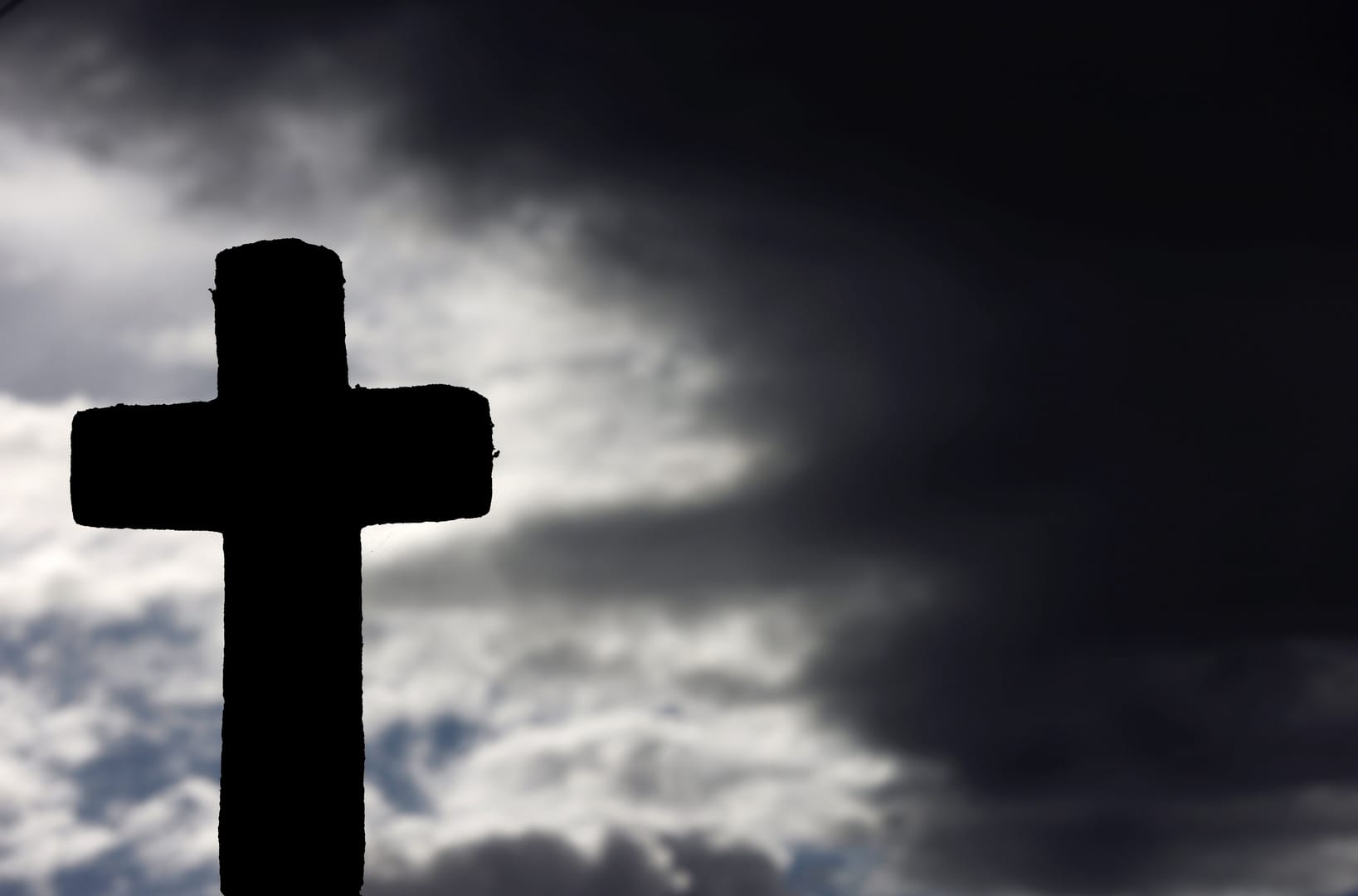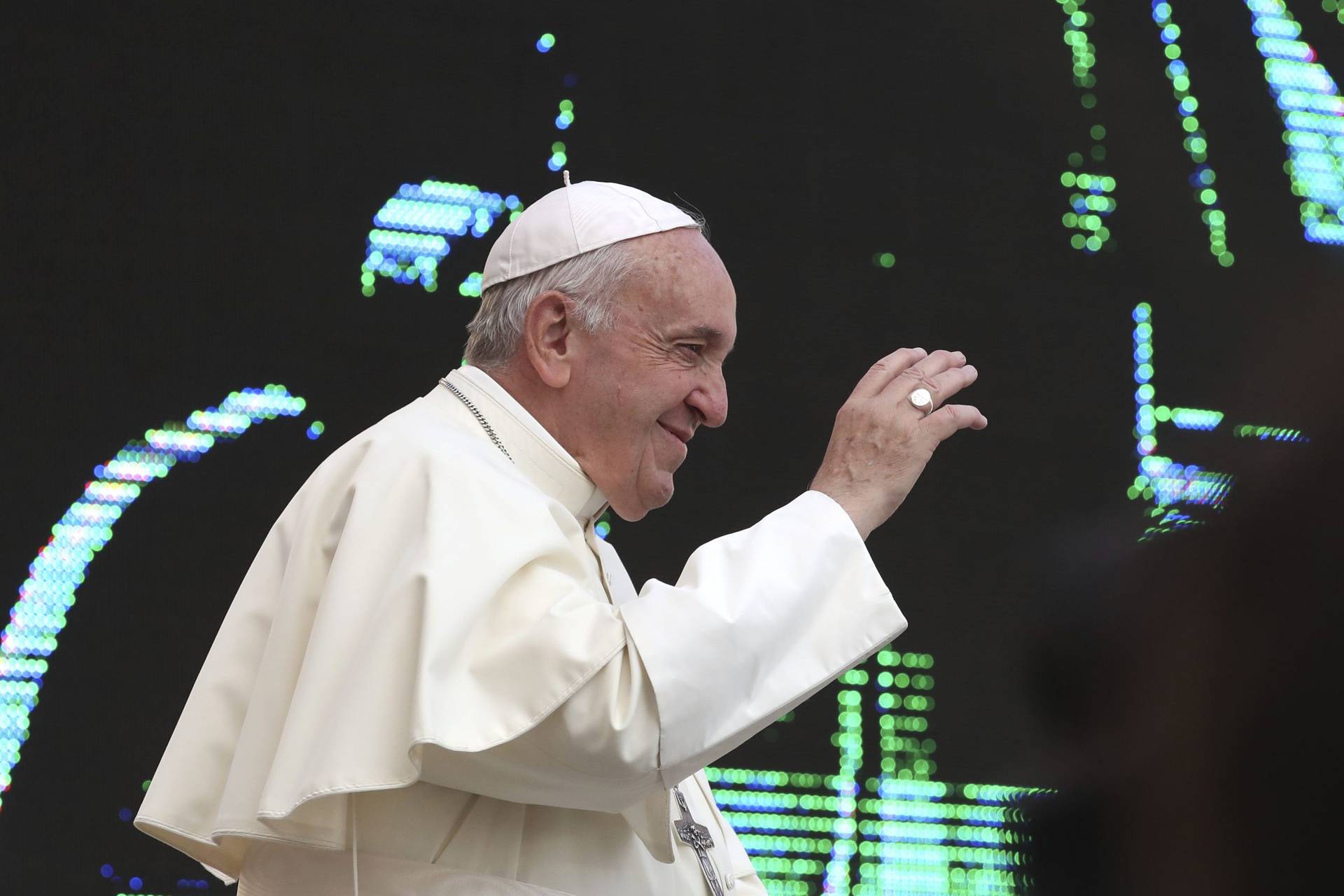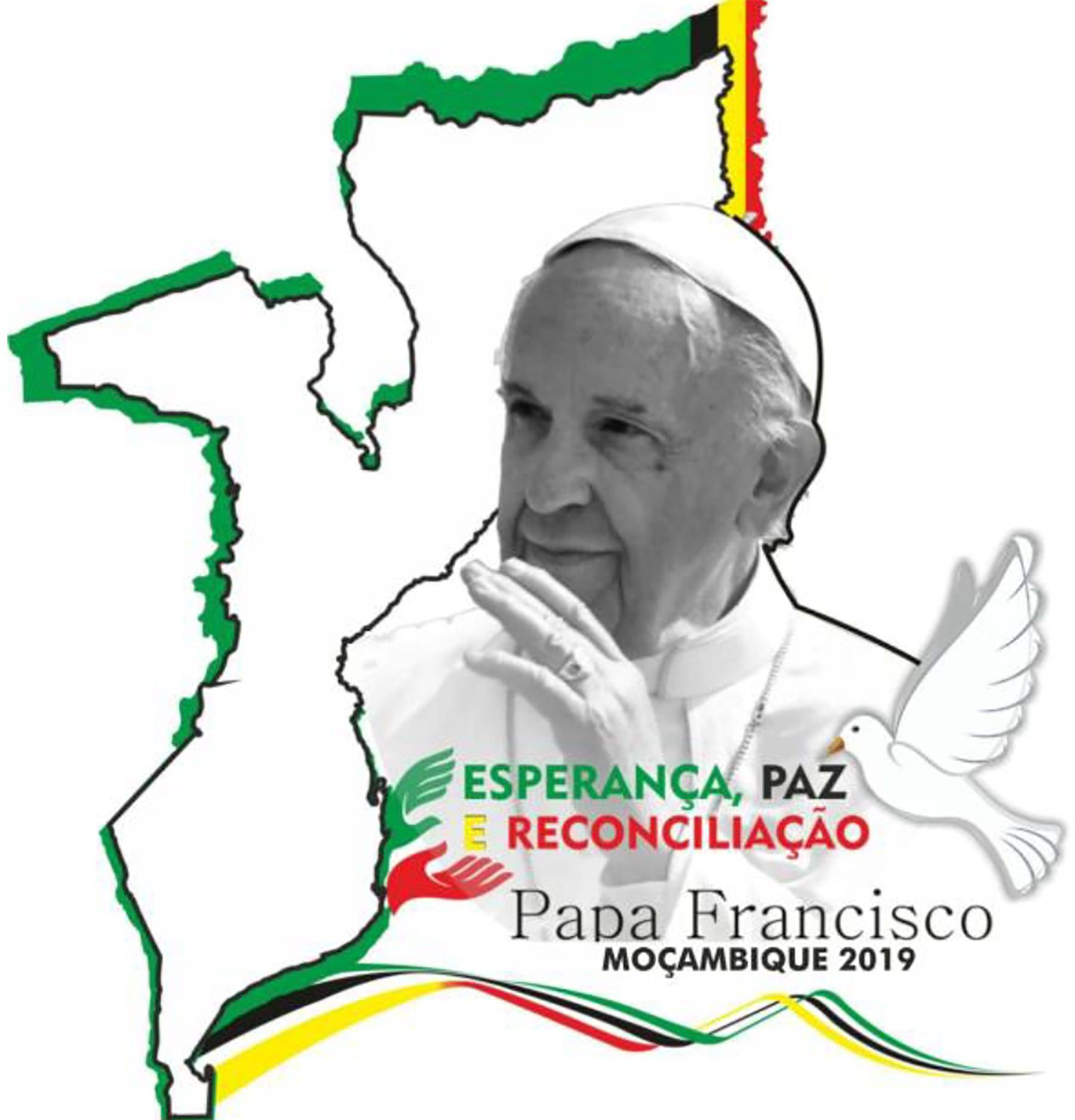WASHINGTON — Pope Francis will arrive at a military base outside the capital on Tuesday afternoon to open his first visit to the United States, and President Barack Obama will be there to welcome him. It is a gesture the president has extended to virtually no other foreign visitor.
And little wonder. For Obama, there may be no more potent ally in the world in his quest to bend the arc of history, to use a favorite phrase, than a pope who helped him restore diplomatic relations with Cuba and who has spoken out on issues like economic inequality, immigration, climate change, and criminal justice reform.
Yet if the pope’s visit seems likely to bolster Obama on some of his top priorities, it also comes at a moment of sharp focus on moral questions where the two differ. For conservatives assailing the jailing of a clerk who refused to issue marriage certificates to same-sex couples, and for abortion foes now mounting a bid to cut off federal money for Planned Parenthood, Francis and the teachings of the Church offer a timely boost.
The conflicting interpretations underscore the hazards of trying to pigeonhole any pope into the binary left-right spectrum of American politics. At the White House and on Capitol Hill, leaders say Francis cannot be viewed in strictly political terms.
RELATED | John L. Allen Jr.: Pope Francis could reframe the US religious freedom debate
But in Washington, where everything is political — including religion — both sides in the perpetual US argument hope to make the most of the pope’s three-day visit to the seat of power.
That will probably be easier for Obama and the Democrats. Just as Pope John Paul II was seen as more aligned with the anti-Communist mission of President Ronald Reagan, Francis is seen as sympathetic to Obama’s priorities. Some conservative Catholics refer to Francis derisively as “Obama’s pope,” while some Catholic Republican presidential candidates have expressed polite disagreement with the leader of their Church.
“We are fully expecting that there will be some messages with which we may respectfully disagree or have differences, but that on many of the big-ticket items” the pope’s “essential messages will resonate very much with the president’s agenda,” said Charles Kupchan, an adviser to Obama. “And in that respect, we are hoping that his moral authority helps us advance many of the items that we take to be very high on our policy agenda.”
The pope arrives after stopping in Cuba, highlighting the diplomatic opening he, in part, made possible. After the pageantry of a welcoming ceremony hosted by Obama on the White House South Lawn on Wednesday, Francis will address a joint meeting of Congress on Thursday — a first for a pope — at the invitation of Speaker John Boehner, a Catholic Republican from Ohio.
All over Washington, fliers are urging people to “rally with Pope Francis in the call to moral action for climate justice,” a topic he will address at the United Nations after leaving Washington. During a stop in Philadelphia, Francis is expected to talk about criminal justice in a way that tracks Obama’s call to stop imprisoning nonviolent offenders for so long.
His choice of issues could bolster Obama, said Peter Wehner, a conservative Catholic scholar at the Ethics and Public Policy Center and a White House official under President George W. Bush. “It probably favors Democrats more than Republicans,” said Wehner, who expresses admiration for Francis. “Let’s put it this way: I think Democrats are probably looking forward to his visit more than Republicans.”
Leslie Tentler, a longtime professor at Catholic University, said the pope’s recent encyclical on climate change indicated that it would be a central message during his visit. “Obviously he wants to influence opinion in the United States because we’re so large and important and we still pollute so much,” she said.
But Francis, who first met Obama at the Vatican last year, goes beyond the president in denouncing the sins of globalization and capitalism and has criticized US policy in Syria. He may weigh in on the fight over abortion, given his condemnation of what he calls the throwaway culture.
“I’m sure the pope will make everyone very uncomfortable,” said Rep. Joseph Crowley, a Catholic Democrat from New York. “There will be some things that Democrats may not like to hear and there will certainly be some things, I think, the Republicans will not like to hear.”
Sen. Harry Reid, the Democratic minority leader from Nevada, even accused Sen. Mitch McConnell, his Republican counterpart from Kentucky, of advancing a bill to ban abortion after 20 weeks of pregnancy with Francis in mind. “He’s doing it because the pope’s coming here,” Reid said last week.
If Francis arrives at a fraught moment in American politics, it is also a time when Catholics play an outsize role at the highest levels of government. Six of the nine Supreme Court justices are Catholic, as are 31 percent of the members of Congress, compared with 22 percent of the overall adult population. Joe Biden is the nation’s first Catholic vice president; if he were to run and win next year, he would be the second Catholic president after John F. Kennedy.
Six Catholic Republicans are already running for president, more than ever before: Jeb Bush, Chris Christie, Bobby Jindal, George E. Pataki, Marco Rubio, and Rick Santorum. A seventh candidate, John R. Kasich, was a Catholic altar boy who was nicknamed Pope because he aspired to the Vatican before migrating in adulthood to a Protestant church. Martin O’Malley, a Democratic candidate, is also Catholic.
Just as important, Catholics have become a decisive swing vote in presidential elections. Since 1972, when news media exit polls were first inaugurated, no presidential candidate has won the popular vote for president without the Catholic vote.
But breaking down that vote involves significant foreshadowing. While the overall Catholic vote has swung between parties, white Catholics are strongly Republican and Hispanic Catholics are strongly Democratic. Given demographic trends, that points to growing support for Democrats in years to come, a worrisome sign for Republicans.
Even the pope is not immune to America’s divisions. While he has not changed fundamental Catholic doctrines, Francis has stressed the parts focusing on serving the poor and de-emphasized those reproaching abortion and homosexuality — what Crux associate editor John L. Allen Jr. calls “his insistence on the primacy of compassion over judgment.”
The pope’s approach has divided Americans along ideological lines. While Francis enjoys support across the spectrum, according to a New York Times/CBS News poll, self-described liberals express 53 percent approval and 4 percent disapproval, compared with 29 percent approval and 15 percent disapproval among conservatives.
Those disparate perceptions play out on the campaign trail as well. Sen. Bernie Sanders of Vermont, the populist seeking the Democratic presidential nomination, has repeatedly aligned himself with Francis on economic justice. Last week at Liberty University, the evangelical Christian school in Lynchburg, Virginia, Sanders quoted the pope saying, “Money has to serve, not to rule,” and added, “I agree with him.”
Republican candidates were left to explain disagreements with Francis. Asked at a town hall meeting in New Hampshire last week whether he would see the pope, Donald Trump, the Republican front-runner answered dismissively, “Well, the pope believes in global warming,” he said before adding: “I like the pope, a lot of personality. Good man.”
On television on Sunday, Rubio, a senator from Florida, distinguished between his reverence for the pope on spiritual issues and his divergence on other matters. “I follow him 100 percent on those issues; otherwise I wouldn’t be a Roman Catholic,” he said of theology on “This Week” on ABC. “The pope as an individual, an important figure in the world, also has political opinions. And those, of course, we are free to disagree with.”
Similarly, Christie, the governor of New Jersey, faulted Francis for encouraging Obama’s diplomatic rapprochement with Cuba, noting that Havana harbored fugitives, including the killer of a New Jersey police officer. “I just think the pope was wrong,” Christie said on “State of the Union” on CNN. “The fact is that his infallibility is on religious matters, not on political ones.”
At the same time, Obama must also proceed carefully. Already, some reports have accused him of trying to politicize the visit by inviting critics of the Church to the White House arrival ceremony. The White House responded by noting that it expected 15,000 people, including those with a diversity of views.
“The pope has to assume that he’s going in and people are going to use him,” Wehner said. “I think President Obama will try it. It’s up to the pope not to let that happen.”














